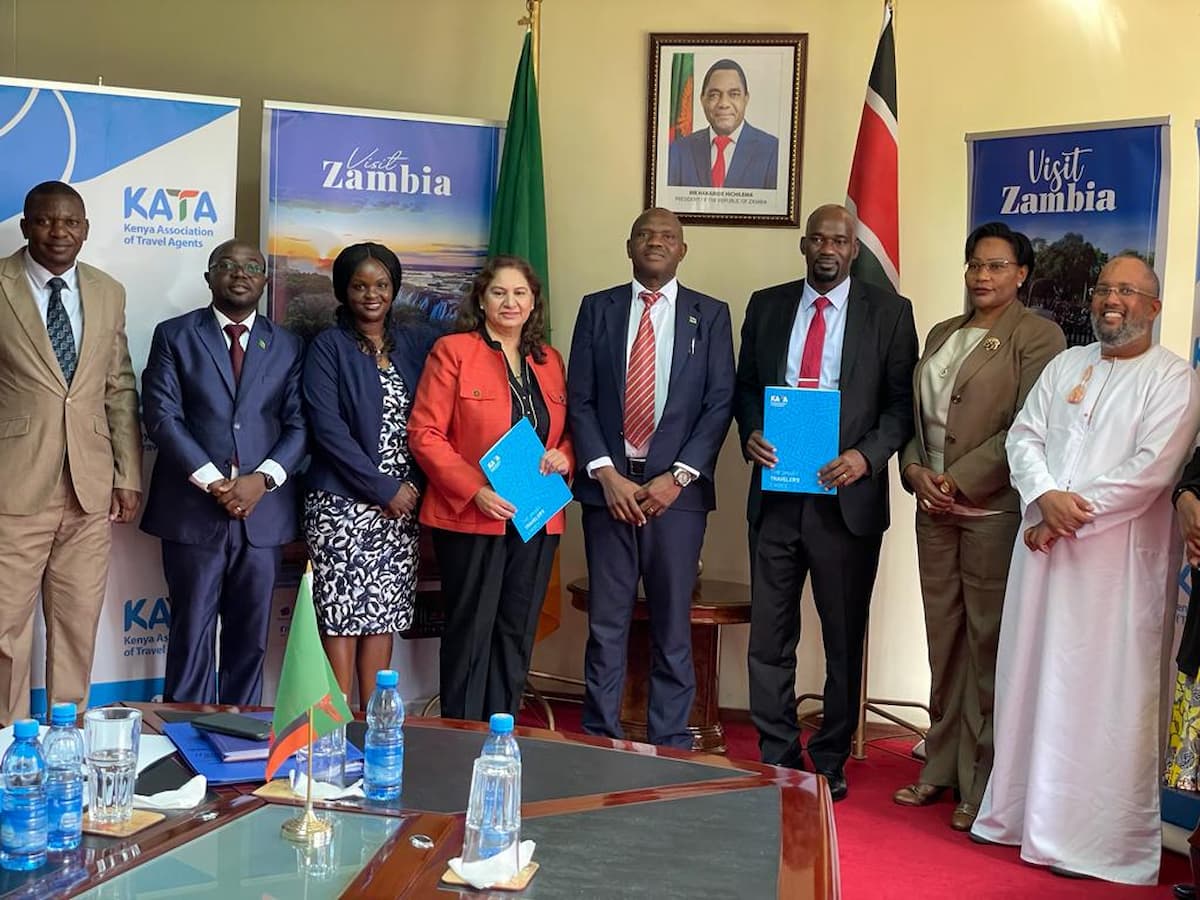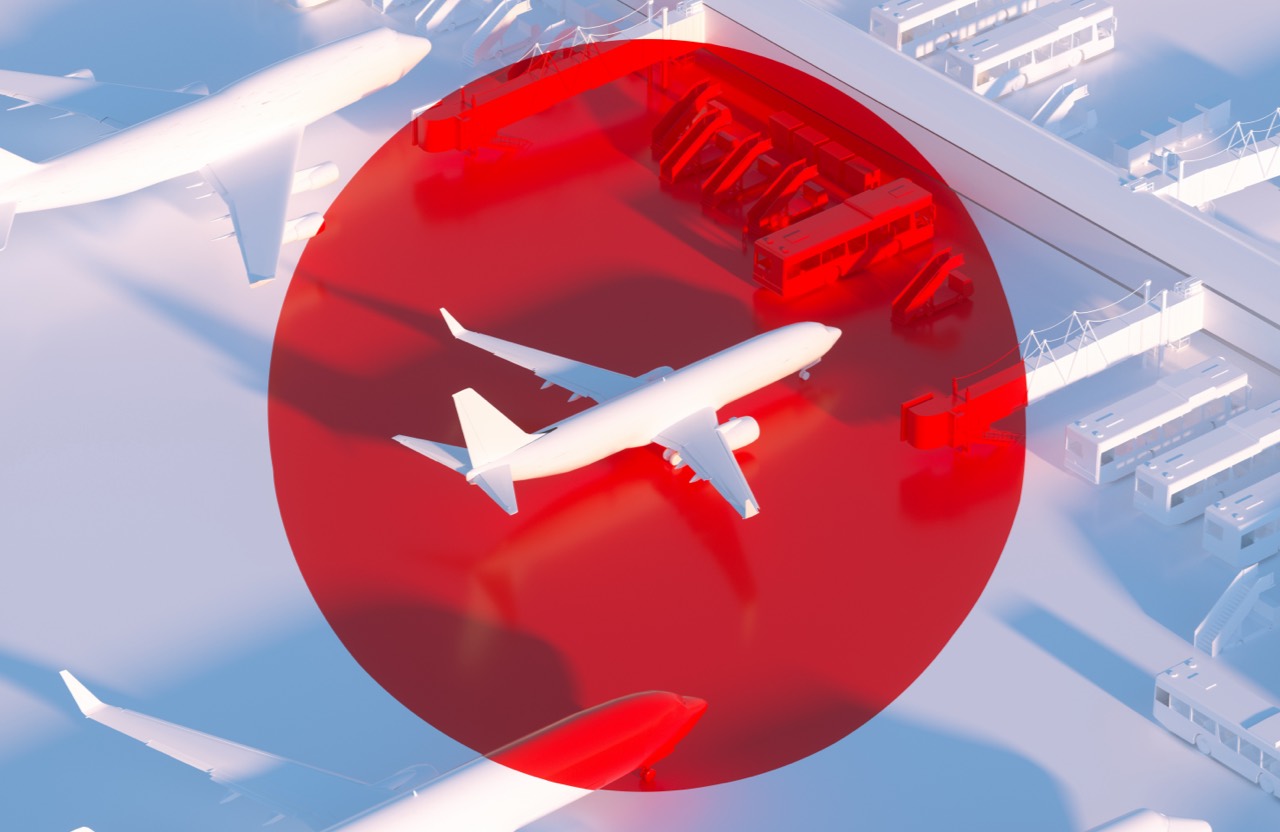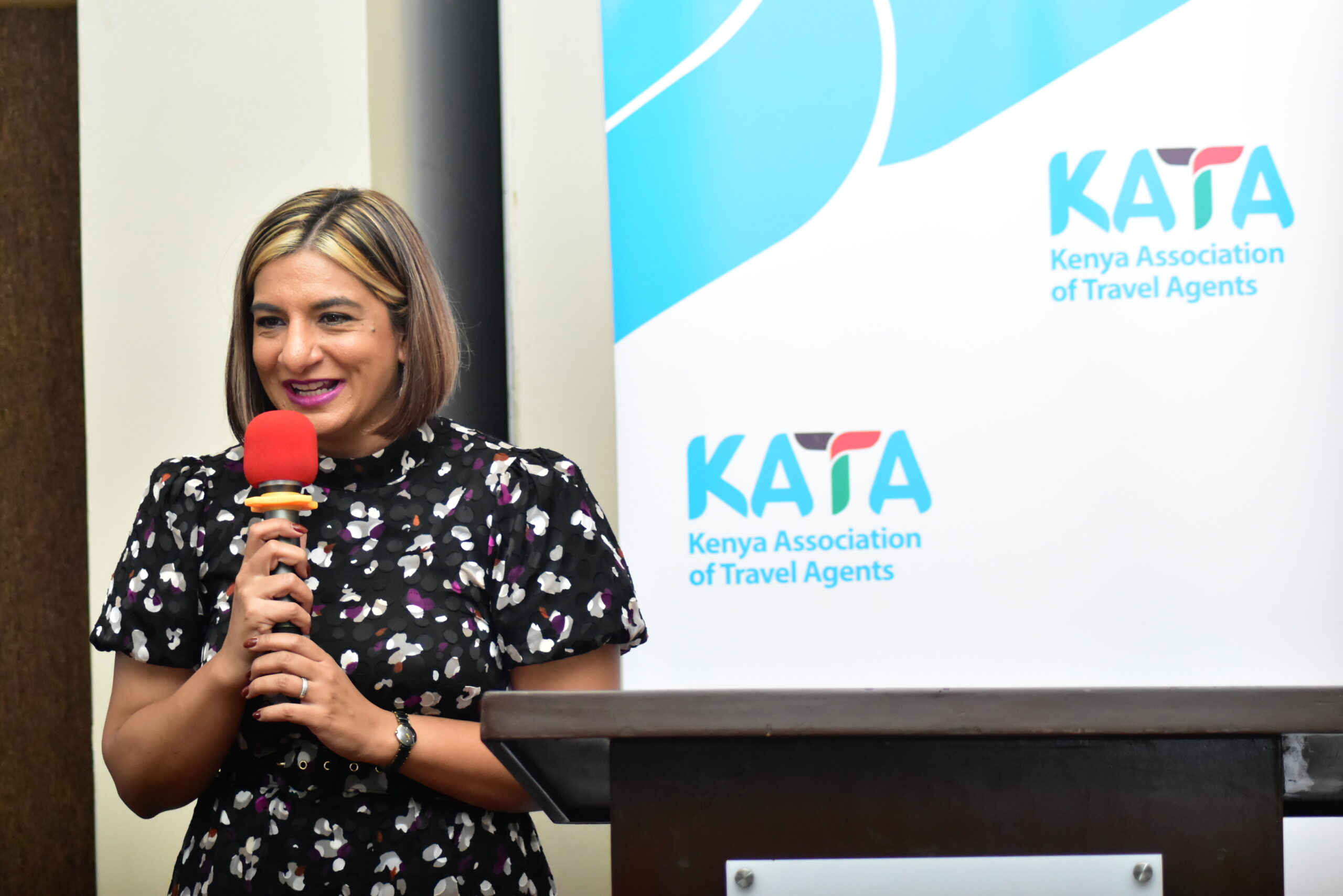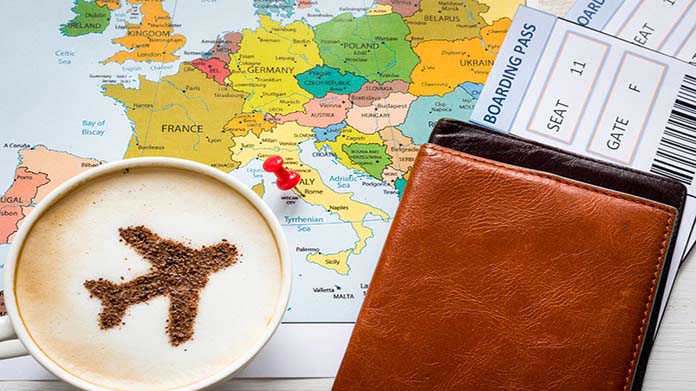Travel agents, sometimes called advisors, have seen many changes through the years, but the pandemic altered their profession in unimaginable ways. And that upheaval’s not dying down anytime soon, with booking travel becoming more complicated and advisors seeing their roles as even more necessary.
Lynda Phillippi has ridden the ups and downs of travel many times during her 18-year career as a travel agent, and seen her profession go through just as many wrenching changes.
Then along came Covid. In a job that has been redefined countless times, through the rise of online travel booking sites, to mobile phones, to the collapse of storefront retail, Phillippi, an agent at Oregon-based agency Renaissance Travel, said the past two years have been like no others in how much her world has changed.
“What’s shifted the most (in) post-pandemic travel — if we are even there yet — is how much more time it takes to plan, book, and get a trip successfully completed,” said the 62-year-old Phillippi, who added she works the usual more than 40 hours a week, just in different ways. “We have to stay on top of destination requirements for vaccines and testing, and help clients arrange for those tests in many cases.”
When travelers started preparing to get back on the road after the pandemic halted their planned trips, many of them turned to travel agents, or advisors as some prefer to be called, for guidance — returning in many cases to professionals who had lost ground to travelers choosing to book trips themselves and online travel agencies a tremendous boost.
The emphasis here? On the advisor part of the job.
But the increased consumer traffic is far from the only change travel advisors have seen in their profession in recent years. The metamorphosis is just a fact of life. They are being asked to play different roles to help consumers navigate an environment still replete with travel restrictions and constantly changing Covid regulations. And now, as this summer has laid bare, travel chaos at all levels.
Travel advisors are adapting in a changing travel landscape by providing expertise on previously unfamiliar scenarios and engaging in a different kind of counseling to customers. Think part-crisis manager, part-shrink.
Phillippi offers this: “An example is a family heading to Italy for a cruise. They want to see Rome for a few days, but they need a recent test to board the ship. Fortunately the hotel concierges are a great resource to assist clients during their stay but it’s a conversation prior to booking to reassure the family that things will go smoothly — well, unless they don’t. One positive test in the group and the family doesn’t board the ship. Now what? What are the quarantine protocols? What’s the retesting process? Do they try to meet the ship somewhere or go to plan B and scramble to salvage their vacation? Some countries have opened up entirely while others still require various protocols, including masking.”
A 2021 poll by the American Society of Travel Advisors found 76 percent of advisors saw an increase in customers compared to prior to the pandemic while 81 percent said they were hearing from consumers who had never used an advisor. Justin Smith, the owner of Evolved Traveler, a member of agency consortium Ensemble Travel Group, appreciates the additional workload as well as the growing interest in advisors’ services. But he acknowledges they’re dealing with never-ending work.
“Advisors are fully aware that be it Covid flare-ups, airline issues, or the war in Ukraine, there is still a lot to stay on top of and be prepared for,” Smith said. “No one is ready to exhale yet. We are not even close to that.”
Smith expounded on why travel advisors haven’t been able to feel complacent despite the easing of travel restrictions worldwide.
“The pandemic has put the travel industry in a constant state of flux, whereas before 2020, there was a familiar flow to it,” he said.
“Even with the pandemic seemingly easing, things we took to be ‘givens’ in the travel industry are still off-the-table. Booking windows are much shorter, and advisors and consumers are utilizing what would have been considered shoulder and off-season to go-to destinations for a myriad of reasons. And plans B, C, and D are discussed at the outset.”
Changed Counseling Roles
A major reason why travel advisors believe they have to stay on top of their game is because they’re increasingly playing the role of a counselor. Counseling is not a new duty for advisors, as Steve Orens — president of California-based agency Plaza Travel — believes they were already pushed to assume a consultant role with clients due to the easy access consumers have to technology and the Internet.
But Erin Green, an advisor at Minnesota-based agency Pique Travel Design, describes the sort she’s doing now as trickier, especially when asked about which destinations are safe and other Covid-related issues.
“You know, if a client asks what happens if they test positive, we can kinda give them an answer of what might happen. But it’s not guaranteed,” Green said.
“It’s less of just where should I stay and what sort of experience should I have in this destination. And on top of those … What’s the best sort of test (to) take before I go. Do you know where I could find that? Do you think this trip will move forward in six months? So there’s definitely been another level that’s been added to our job.”
How can agencies prepare their advisors for the changed counseling duties? Green answered that her agency frequently addresses topics pertaining to global issues during their weekly staff meetings, instead of tech issues commonly discussed at such occasions in the past.
“We talk about the war in Ukraine and how to address client concerns about that,” she said.
“The owner of my agency often will write up a sample e-mail that (addresses) these major topics, like the uncertainty of the Coronavirus early on. If someone’s nervous about a Europe trip because of the war, we have a sample response that our agency has developed that we can sort of work off of. It’s just a lot of open communication and sharing between us and agencies globally.”
Otto de Vries, CEO of the Association of Southern African Travel Agents, also agrees that travel advisors are playing more of a counseling role. But he emphasizes the opportunity to drive business as why advisors should develop close relationships with customers.
“When you’re able to build those kinds of relationships with your customers, the value proposition and your ability to deliver on that customer expectation goes into a completely different space,” de Vries said.
But even before getting into a position where they can establish relationships with customers, advisors are spending more time determining what clients would be a good fit for their agencies. With travel agencies such as Green’s downsizing due to financial difficulties caused by the pandemic, some advisors are taking on fewer clients.
“Prior to the pandemic, we had a lot of support staff. We had a lot of projects and initiatives we were working on. And because of the pandemic, when we were sort of forced to downsize, it gave us the chance to focus and (we realized) we want to remain small,” Green said.
“We would rather have less clients, but clients who are a better fit. (And we would like to) focus on the customized, high-end activities that are the bread and butter of what we do.”
How can advisors determine which consumers might be good clients? Green said one step advisors at Pique Travel Design took during the pandemic was to create a document for prospective clients providing detailed information about the agency.
“So now before we take on a client or we get into the planning process, we really take our time to be sure they’ve read that document, they understand what we do, (and) the type of trips we do,” she said about the change in tactics partially inspired by the pandemic, adding that Pique Travel Design is unable to work with every traveler interested a booking a trip with the agency.
“(We have) to weed out clients that are not a great fit and focus in on more that are a great fit.”
Needed Marketing Expertise
But even if advisors are taking on fewer clients, de Vries doesn’t see the expectations for such professionals diminishing — a belief held by many in the industry. A survey by industry website TravelAge West found that 56 percent of advisors view customers are more demanding now than prior to the pandemic. Green acknowledged that consumers expect travel advisors to be prepared with a plan if something were to go wrong during a trip. But she admitted coming up with answers for such a scenario is difficult.
“We always share what we know, and we do have more general knowledge than the average consumer about testing, return times and certain pharmacies in Minneapolis,” Green said. “But it’s a tough expectation to meet.”
Those increased expectations are driving travel advisors to brand themselves as experts in their fields though, de Vries believes.
“And this requires some marketing expertise, whether that means building a personal brand on LinkedIn, Instagram, TikTok, or writing their own blogposts or newsletter,” he said.
“People buy from people and, as communities from whom we get trusted information have shrunk, there has never been a greater requirement for travel advisors to cement their personal brands through clever marketing and inspire their existing customers to refer to them.”
Marketing themselves via social media is a skill many travel advisors struggle with. Forty-two percent of advisors only consider themselves somewhat knowledgeable on social media, according to a TravelAge West Survey.
Those advisors who can learn how to market themselves well on social media might experience success like Lainey Melnick, a franchise owner of luxury travel agency Dream Vacations. She credits an extensive social media strategy for keeping her business on track to reach sales of $1 million this year. Melnick invested her time and energy, during a pandemic-era slowdown in sales, into building five different Facebook accounts as well as those on Instagram, YouTube and TikTok.
“My posts are high up in the search engines because they are so consistent,” said Melnick, who also posts video promoting deals. “I do them all myself … It’s a face-to-face world—and I want it to be my face they see.”
The emphasis on building a personal brand marks a shift from advisors relying on their agency to position them favorably in the minds of prospective consumers, de Vries believes.
“Inspiring word of mouth was probably more organic in the past,” he said. “Now to stand out from the noise, you have to be very intentional about building your personal brand, understanding what your customer needs are and then intersecting that with what you do well.”
Going Solo as Independent Contractors
A reason why more travel advisors are devoting more resources to building brands is another pandemic-era shift de Vries has noticed — travel advisors are willing to branch out on their own and work as independent contractors. Stephanie Turner, the owner of Missouri-based agency Brentwood Travel, said the financial struggles many agencies are driving advisors to work as independent contractors instead of full-time employees. Sixty-two percent of U.S. travel advisors were either laid off or furloughed in 2020.
“During the pandemic, we had to furlough a lot of people,” Turner said, adding she’s seen independent contractor companies willing to pay higher commissions to advisors. “And a lot of older staff wanted to be able to have their hours and work form home.”
But many of those advisors branching out on their own aren’t doing so without support, with more of them choosing to join host agencies since the start of the pandemic. De Vries sees that support as critical for advisors eager to leverage the relationships they’ve built with customers over the years.
“The network that provides them with technology, administrative support, (and) financial support from an accounting point of view. (It) certainly gives them access to good rates and product offerings.
Back to the Future
So what does the future look like for travel advisors? Although de Vries notes a push in South Africa in recent years to make travel bookings a completely online process, he sees a return to the pre-Internet era. He refers to the phenomenon as Back to the Future, with travelers increasingly eager for a human element in their dealings with travel advisors that technology cannot provide.
“Customers want a good old-fashioned travel agent that knows stuff …. and that I can pick up the phone (and) get the latest information (from),” de Vries said.
“They take the burden off me because I try to phone the airline — nobody answers. I email the airline — nobody answers. I try to contact the (online travel agency) — nobody answers.”
Travel advisors are poised to have more interactions with consumers in years to come. Close to half of U.S. travelers who rarely or sometimes used travel advisors in the past have said they’re more likely to use one post-pandemic.
That potential boom in customers gives advisors like de Vries optimism for being able to build long-term loyal customers beyond the pandemic. Although he acknowledges that window is small, he sees an valuable opportunity for travel advisors.
“Those that leverage this opportunity have a real chance to develop meaningful, long-standing relationships that will also not only make them sustainable but will allow them to grow their businesses,” de Vries said. “Because nothing beats a reference.”
Oregon travel advisor Philippi is also eager to take advantage of that opportunity.
“Clients want desperately to travel and my job is to make that happen if at all possible,” she said. “It usually is, but there’s a lot more to it than there was before Covid. I’m finding reserves of patience I didn’t know existed.”
She then summed up that major shift.
“When I took a group to Morocco last November, I spent more time discussing insurance than I did talking about the destination. (Ninety percent) of the questions were those what-if questions. Formerly that was maybe a ten-minute conversation, but now it’s more like half an hour in many cases.”
Source: Skift










